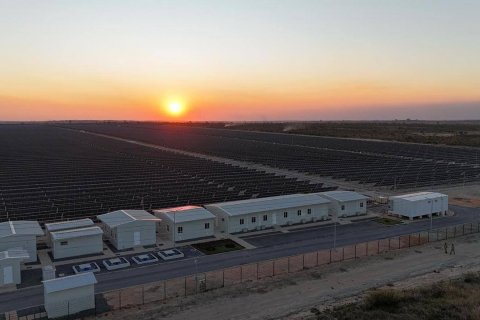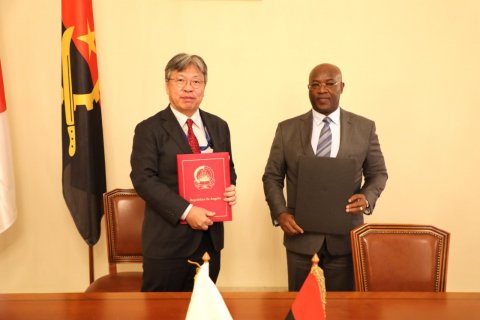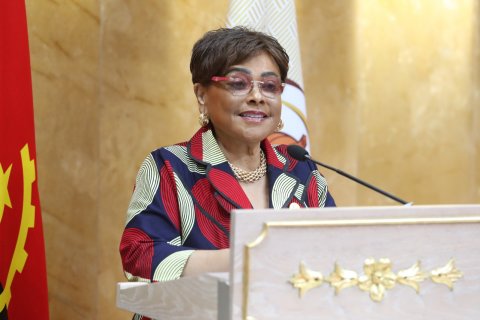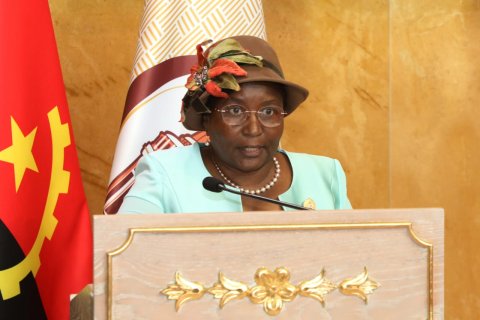"The global financial architecture needs to be reformulated, it must work for everyone and reflect the new global economic dynamics", said Clever Gatete at the opening of the finance ministers' conference, which runs until Tuesday in Victoria Falls, Zimbabwe.
In his opening speech at the meeting, the first since the African Union gained a permanent place in the G20, Gatete recalled that it is necessary to "resolve the problem of risk perceptions and unfair rating assessments, which limit Africa's debt capacity" and stressed that "it is not possible to accept that only two countries in Africa have an investment recommendation from rating agencies, and 22 countries do not even have a rating".
For the leader of UNECA, these erroneous assessments of the risk of investing in the continent cost 74.5 billion dollars, according to calculations by the United Nations Human Development Program, and make it difficult to obtain the more than 3 billion dollars that the continent needs until 2030 to deal with climate change and finance the development of economies.
"With an increasingly smaller budgetary margin, to the point of being the most important issue for finance ministers", Africa also faces low growth of 2.7 percent in 2023, which slows to 2.4 percent this year, and with inflation of 20 percent, so "the future looks bleak", said the official, also remembering the debt problem, which has risen 180% since 2010 and left 21 countries at risk of or already in over-indebtedness.
Presenting the next steps, Gatete said that the meeting this Monday and Tuesday will serve to define the African position, which will then be debated at the African Regional Forum on Sustainable Development, in April, and taken by the African Union to the Future Summit, in September, at the United Nations.
"Eighty years ago, it was normal for us not to be at the decision-making table, and it is probably acceptable that we were not in the discussion on the Sustainable Development Goals, but no one will forgive us if we do not occupy a central place as architects of a new global financial order that works for us", he concluded.







